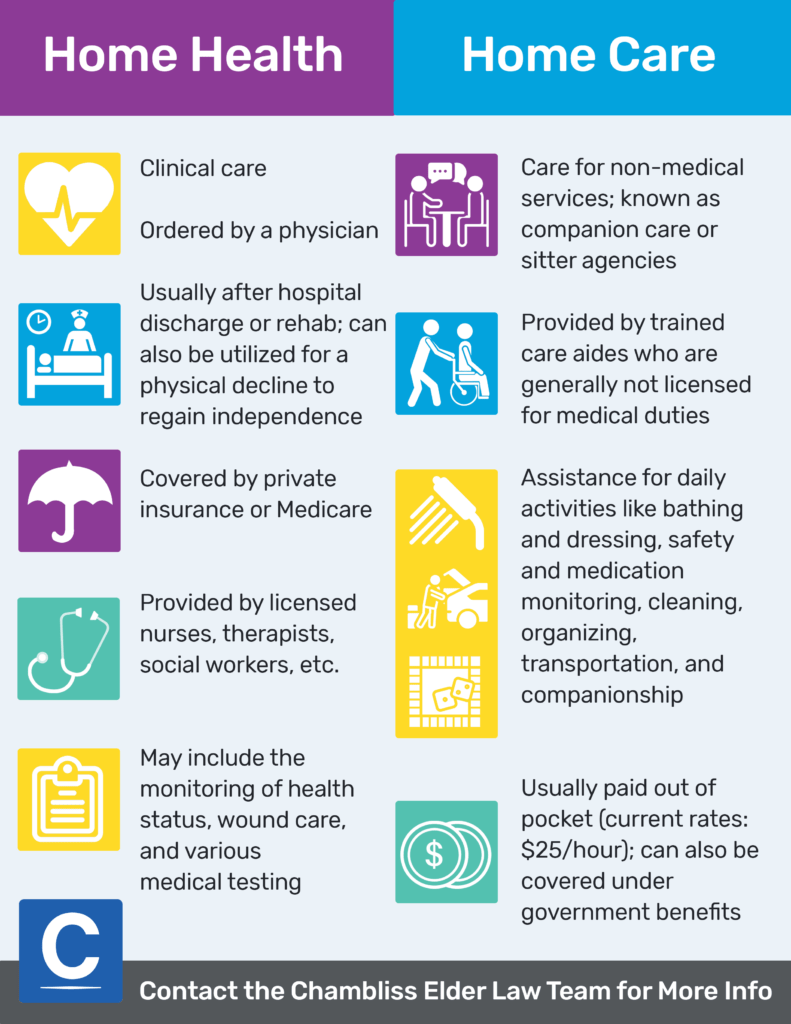All Regarding Home Care Providers for Individuals With Disabilities: NDIS Registered Assistance
Home care solutions under the NDIS play an essential role in sustaining people with impairments. These solutions are developed to improve day-to-day living with customized help, varying from individual care to flexibility support. Recognizing how to browse these alternatives can be complex. This introduction discovers the different elements of NDIS home treatment, from readily available services to the selection of suppliers, highlighting important factors to consider for those looking for support. The trip towards encouraged care begins right here.
Comprehending the NDIS and Its Objective
The National Impairment Insurance Policy System (NDIS) works as a transformative framework created to give support and services for individuals with disabilities. Established to boost the high quality of life and assurance fair access to vital sources, the NDIS empowers participants by providing personalized strategies tailored to their distinct requirements. It aims to cultivate freedom, allowing individuals to pursue their personal goals and aspirations.Through a structured approach, the NDIS allocates funding for various assistances, including education, employment support, and community participation. This all-inclusive scheme not only concentrates on instant care yet likewise highlights long-term developmental end results. By advertising selection and control, the NDIS motivates participants to pick their favored provider, ensuring that treatment lines up with their choices and values. Ultimately, the NDIS stands for a considerable commitment to boosting the lives of people with handicaps, fostering inclusivity, and developing an extra encouraging culture.
Kinds Of Home Care Provider Available
Various kinds of home treatment services accommodate individuals with impairments, mostly focusing on personal treatment support and reprieve treatment alternatives. Personal care assistance supplies important support with everyday tasks, while respite treatment offers momentary relief for main caretakers. Comprehending these services is essential for ensuring the health of both individuals with impairments and their families.
Personal Care Help
While steering day-to-day life can present difficulties for people with disabilities, personal treatment help supplies vital support tailored to their distinct needs. This sort of home care solution includes a series of activities created to advertise independence and improve high quality of life. Individual treatment aides aid with everyday jobs such as bathing, dressing, brushing, and toileting, ensuring individuals maintain personal hygiene and convenience. They might also aid with meal preparation, medicine management, and movement support. By providing customized care, these experts encourage individuals to engage even more fully in their everyday routines and social tasks. Generally, personal treatment support plays a considerable duty in cultivating dignity and autonomy for those with handicaps, enabling them to flourish in their home atmosphere.

Break Treatment Options
Break care serves as a vital resource for families and caretakers of people with specials needs, offering short-lived remedy for the needs of day-to-day caregiving. This type of service can take various forms, including at home respite treatment, where skilled specialists see the home to aid with treatment jobs. Alternatively, households may choose for facility-based break care, where individuals obtain care in a specific setting, permitting caretakers to pause. Furthermore, some organizations offer emergency situation break services for unexpected circumstances. These alternatives not just assist ease caretaker anxiety however likewise advertise the wellness of people with handicaps by supplying them brand-new experiences and social interaction. In general, respite treatment plays a critical duty in supporting both caretakers and those they care for.

Just How to Gain Access To NDIS Home Treatment Solutions
Accessing NDIS home care solutions entails recognizing the qualification requirements established forth by the National Handicap Insurance Coverage System. People have to navigate a structured application process to secure the required assistance customized to their needs. This area will certainly clarify both the eligibility requirements and the steps associated with obtaining services.
Qualification Standards Clarified
To certify for NDIS home care services, people need to satisfy details qualification standards that analyze their situations and demands. Candidates need to be aged between 7 and 65 years and have a long-term and substantial impairment that impacts their capacity to carry out everyday tasks. In addition, they have to be an Australian citizen, a permanent local, or hold a Protected Special Group Visa. The NDIS calls for proof of the special needs, usually with medical evaluations or reports. People must demonstrate that they need assistance to take part in economic and social life. These requirements ensure that services are guided in the direction of those that genuinely require support, promoting self-reliance and boosted quality of life for individuals with disabilities.
Application Process Actions
Can I Pick My Own Assistance Employees Through NDIS?
The private asked whether they might select their very own support workers under the NDIS structure. Typically, participants have the flexibility to pick support workers, promoting personalized treatment that lines up with their particular demands and choices.
What Occurs if My Needs Adjustment After Receiving Support?
They ought to connect these modifications to their solution supplier if a person's needs adjustment after getting assistance. Modifications can be made to the care strategy, making sure that the assistance remains efficient and pertinent for their conditions.

Are There Limits on The Number Of Hours of Treatment I Can Get?
The specific asked about potential limits on the variety of treatment hours got. Usually, such limits may exist based upon specific plans or moneying plans, stressing the relevance of reviewing contracts and guidelines frequently.
Can I Use NDIS Funding for Home Modifications?
The inquiry of utilizing funding for home adjustments arises often. Usually, people might use NDIS funding for necessary alterations to their homes, guaranteeing ease of access and link security, set upon meeting specific eligibility criteria and guidelines.
How Do I Take care of Grievances About My Home Care Solutions?
To attend to grievances concerning home treatment services, individuals ought to initially document redirected here their problems. They can interact straight with their solution provider, seeking resolution, or rise the issue to relevant oversight bodies if required. Home care services under the NDIS play a crucial function in supporting individuals with handicaps. Different types of home treatment solutions cater to people with handicaps, mainly focusing on individual treatment help and break treatment alternatives. support at home provider. Individual care assistance supplies important support with day-to-day activities, while respite treatment uses temporary relief for key caretakers. Households might opt for facility-based respite treatment, where individuals receive treatment in a specific environment, enabling caregivers to take a break. Exactly how can family members properly handle the monetary aspects of home care services for people with handicaps?